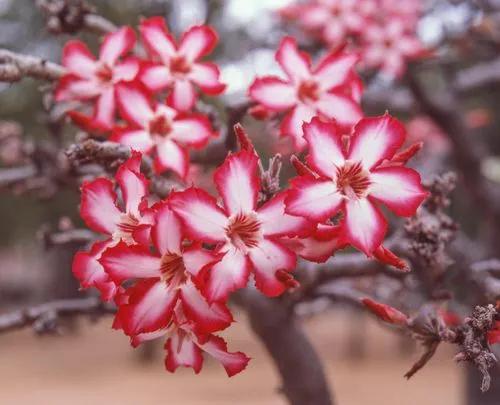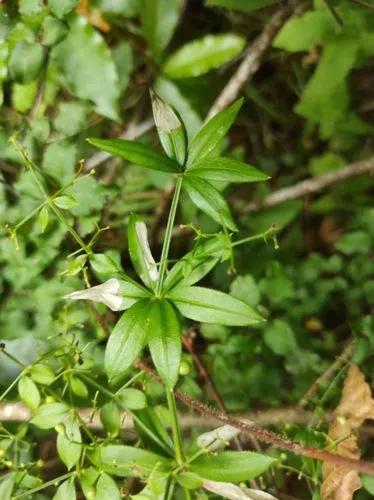Costmary is a perennial herb sometimes called mint geranium. But costmary is neither mint nor a geranium though its leaves have a spearmint flavor. Costmary makes an attractive, fragrant hedge in the herb garden or perennial border. Its leaves can be used fresh or dried to flavor green and fruit salads and make tea
Costmary Care
Tanacetum Balsamita



How to Care for the Plant

Water

Grow costmary in soil that is kept evenly moist.

Pruning

Costmary can look leggy if not clipped back. : For more foliage, discourage flowering. When plant flowers, cut costmary back to 3 or 4 inches above the soil; it will fill back out in a few weeks. Divide plants every 3 years.

Fertilizer

Plant costmary in loamy, humus-rich soil. No additional fertilizer is needed. Add aged compost to the planting bed ahead of planting.

Sunlight

Grow costmary in full sun to partial shade; avoid full shade. Costmary will not flower without sun.

Soil

Plant costmary in humus-rich, well-drained soil; costmary prefers a soil pH of 6.0 to 6.7.

Container

Costmary can be grown in a pot 12 inches wide and deep.

Popularity

7 people already have this plant 4 people have added this plant to their wishlists
Discover more plants with the list below
Popular articles






